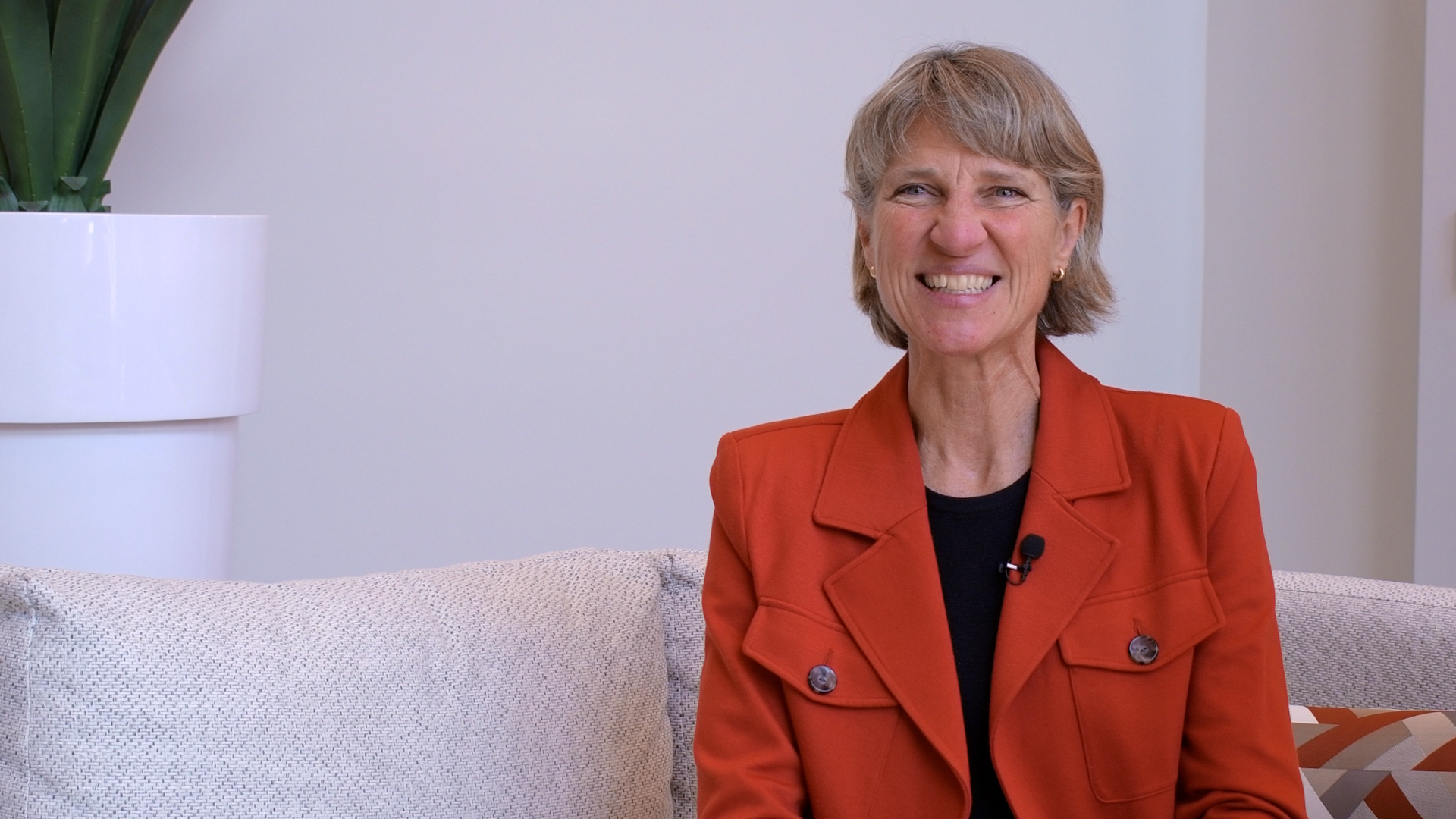Five First-year College of Education Doctoral Students Have Articles Published in EdNC

Doctoral students in the NC State College of Education’s Department of Teacher Education and Learning Sciences are gaining valuable experience in disseminating their work to public audiences thanks to Assistant Professor Crystal Chen Lee, Ed.D.
As an instructor for ECI 709: Critical Theory and Public Engagement, Lee required that the class of doctoral students turn the academic research submitted for the course’s final paper into a piece suitable for publication and submit that work to a media outlet or public source. Several students had their submissions accepted, including five who were published on EdNC.org throughout the month of December.
Below, those students share why they chose the topics they wrote about, why they believe their topics are important and what it meant to them to have their work published so early in their doctoral careers.
The following Q&As have been edited for length and clarity.
Brittani Clark, Doctoral Student in the Educational Equity Program Area of Study
Article: It’s Time for Action on Recruiting, Retaining Black Educators
Why did you choose this particular topic for your published piece?
One of the courses we had this semester included readings that talked about the unintended consequences of the Brown Vs. Board of Education decision. With me being a former educator in K-12 schools and recognizing some of those consequences that were spoken about in the paper, I wanted to go more in depth with it and look more deeply into the impact on that decision for Black teachers. We talk commonly about Black students, but the conversation around Black teachers is a lot less common even though we know that they are largely absent in the field. I wanted to look at some of those reasons that keep them out of the field and then, for those teachers that do move into the profession, what makes them leave. There are such high attrition rates for Black educators and I wanted to look into why that’s the case.
Why is this topic important?
We know the teaching force is over 80% white so, for people that may be teaching in explicitly white spaces, these are conversations that they may not get otherwise. I think, especially with our current climate, it’s important to start having conversations like this.
How has the requirement to submit your paper for publication helped you on your academic journey?
It’s definitely pushing me to challenge myself to move into spaces where I probably wouldn’t have decided to do so on my own. Because you want to present something that is quality that also increases your work ethic and quality of work because you want to get it right when you know it’s being read by the public. I definitely think that it was kind of like an affirmation for me with this being my first semester as a doctoral student. It was also really exciting because two other members of my program also had their articles published so I think it was really dope for educational equity to be a brand new program and already three of us are able to have our articles published.
Jennifer Mann, Doctoral Student in the Literacy and English Language Arts Education Program Area of Study
Article: The Power of Students’ Stories
Why did you choose this particular topic for your published piece?
I have spent the last 13 years as an educator to culturally and linguistically diverse students. I have seen the incredible community and cultural wealth they possess, but never had the vocabulary to express this concept. My critical theory class gave me the words to express the ideas that I have so long believed, and the class gave me the opportunity and platform to share this new learning with the world through the opportunity to publish.
Why do you believe this topic is important?
If we hope for an America which is more equitable, and I do, then it requires starting with the inclusion of everyone’s voice. Immigrants and refugees in America have often been left out of the narrative, and we will never understand the richness of this country if we continue to marginalize others.
How has the requirement to submit your paper for publication helped you on your academic journey?
This publication provided me with much needed confidence. It showed me the power of my own voice and the opportunity to share the voices of others. I co-wrote my piece with a former student who is a refugee. She shared it widely among her peers, and many congratulations rolled in on her social media feed. Additionally, other refugees recognized the potential power of their own voices.I am committed to impacting change for culturally and linguistically diverse students, and I see the usefulness of public scholarship in that effort.
Lonnie Manns, Doctoral Student in the Educational Equity Program Area of Study
Article: Zoom. Zoom. Zoom.
Why did you choose this particular topic for your published piece?
I am interested in persistent educational inequities. The digital divide is one of the areas that has been problematic for at least two decades.
Why is this topic important?
Before COVID-19, the digital divide was a problem but it was not a popular thing to talk about. But, there are simple and easy solutions to this problem. We would never have an athlete play a football game without a helmet and shoulder pads. Why is it acceptable for students to pursue academic enrichment without the proper resources and tools? A connected computer is essential equipment.
How does it feel to have your piece reach a wide audience through EdNC?
It feels great. But what is more impressive is the quality of students at NC State. I am especially impressed with the brain power and passion of my peers at NC State.
Valencia Hicks-Harris, Doctoral Student in the Educational Equity Program Area of Study
Article: Bridging the Achievement Gap for Black Male Students
Why did you choose the particular topic you did for your published piece?
It is something that I am truly passionate about and it provided me with the opportunity to share what I witnessed as a Black educator and Black female student, and an opportunity to share the voices of the students that I taught. I also wanted to broaden the awareness of needing to change the narrative for students of color, especially Black males.
Why is this topic important?
In a time where our nation is currently experiencing social unrest, it is time to continue to expose the problems that students of color have been facing for far too many years. Educators are trained and skilled at knowing their content areas, however they sometimes lack in being culturally responsive. Cultivating an environment in which educators implement culturally sustaining pedagogies will bridge the gap between home and school.
How has the requirement to submit your paper for publication helped you on your academic journey?
It built my confidence, gave me the push to continue my research and to truly humanize my research, and inspired me to keep writing because I have received a lot of great feedback
Caitlin Donovan, Doctoral Student in the Literacy and English Language Arts Education Program Area of Study
Article: Teacher Allyship: LGBTQ+ Student Voices in School
Why did you choose this particular topic for your published piece?
My former students frequently told me I was the only “out” teacher they knew, and frequently disclosed their own problematic experiences at school. Concern for everyone’s mental health during this time of physical distancing, particularly my former students whose home situations might not be safe, inspired this article.
Why is this topic important?
LGBTQ youth are frequently overlooked in school systems, with regards to both curriculum and circumstance. Teachers have control over their classroom spaces and can truly be the difference in a student’s experience at school. We need to make schools places young adults want to be, and it’s hard to want to be someplace where your identity isn’t affirmed. If this article can remind even one already overburdened teacher to reflect on their practice and make a more welcoming space for one student, then it served its purpose.
How has the requirement to submit your paper for publication helped you on your academic journey?
It’s exciting to see the response to public scholarship online; publishing this article connected me to other researchers who retweeted the article and added their own commentary. From a research skills perspective, the focus on clear, cogent writing illustrated what we’ll be writing for the duration of our doctoral careers.
- Categories:


